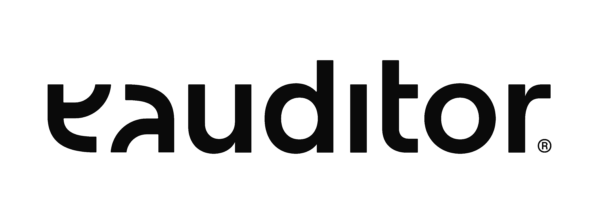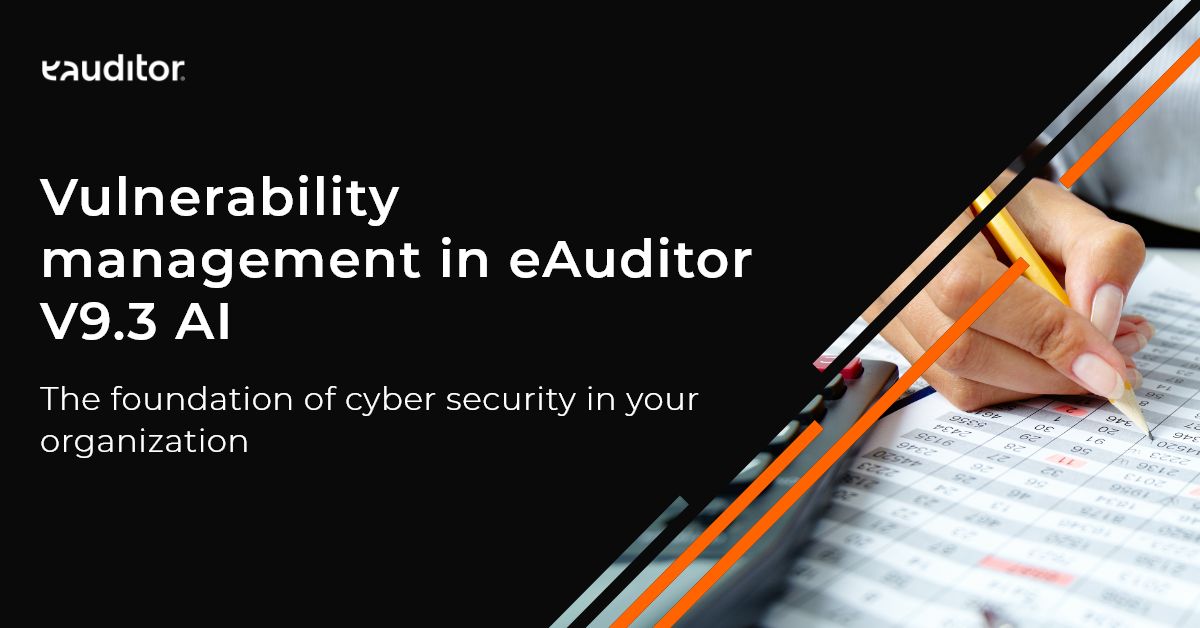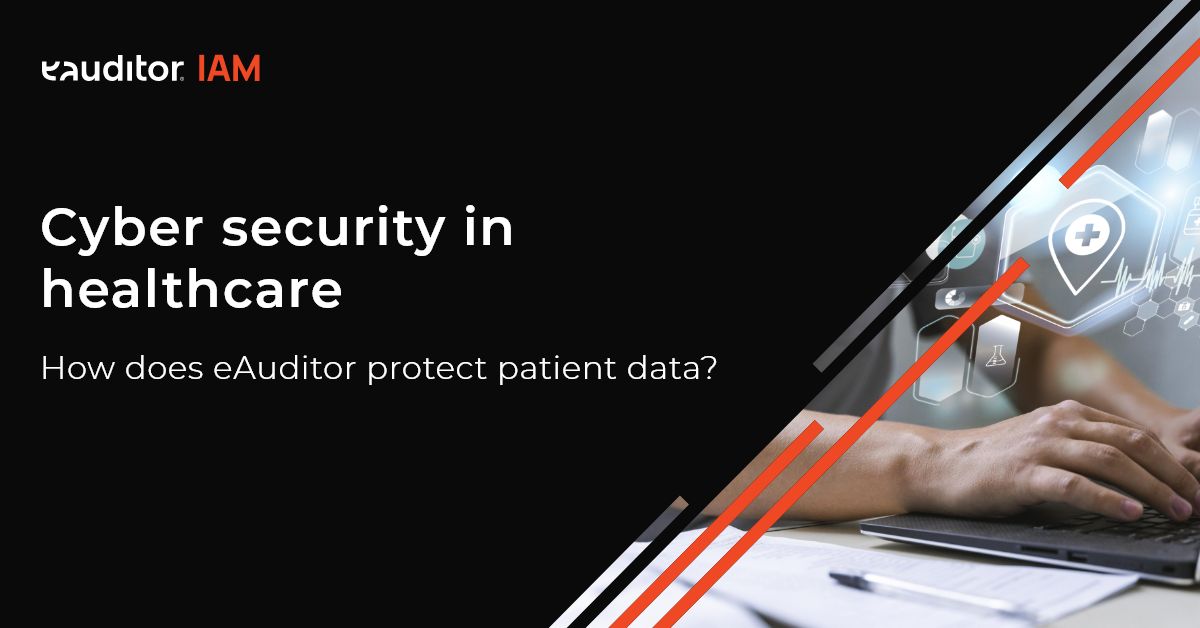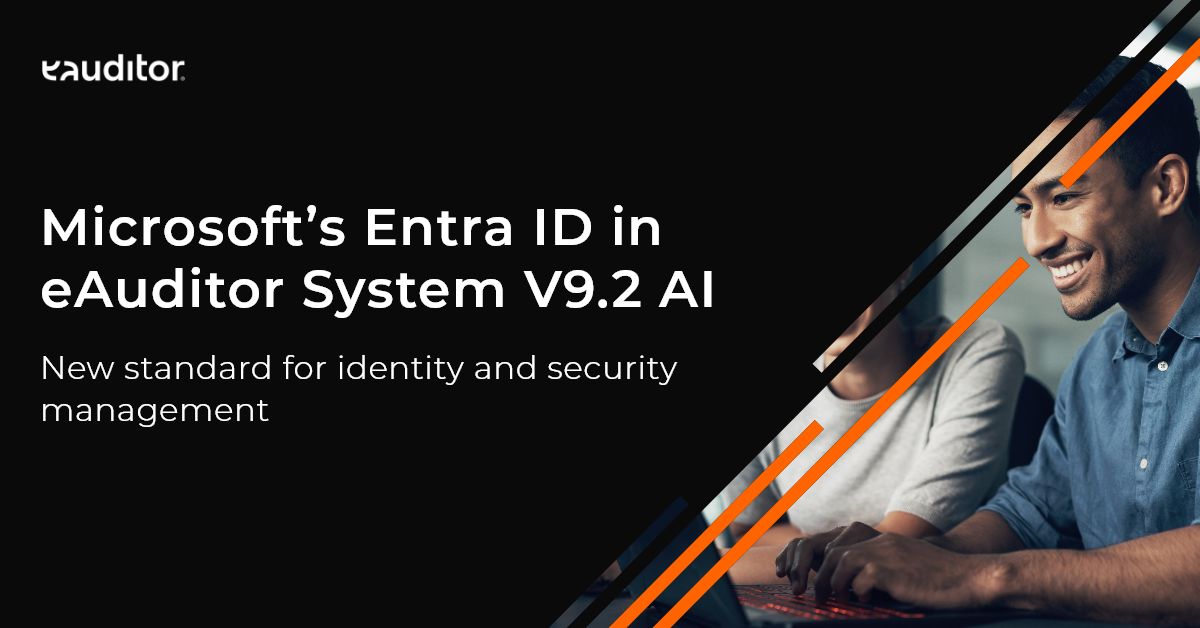Monitoring an employee’s computer and monitoring an employee – questions and answers
Learn the most frequently asked questions about computer monitoring and employee monitoring
Frequently asked questions about employee computer monitoring and employee monitoring
Below you will find a list of frequently asked questions about employee computer monitoring and employee monitoring
Can an employer check an employee’s computer?
Yes. According to Art. 222 §7 of the Labor Code, however, the employer is obliged to inform the employee that his work is being monitored in the manner adopted at the workplace. Such information should be received by the employee no later than two weeks before the monitoring starts or at the time of starting work (for new employees). However, the monitoring of an employee’s computer must not violate the dignity and personal rights of the employee This issue is addressed in Article 111 of the Labor Code, and the main focus is on freedom and secrecy of correspondence. In addition, the employer is also bound by data protection regulations.
What might it look like to notify employees of the possibility of monitoring?
Example of monitoring notification/possibility of monitoring:
MONITORING OF COMPANY COMPUTERS
- On the basis of (here legal basis, order, etc.), monitoring of employees’ business computers and business Internet activity is introduced to control working time and the use of online connections for business purposes.
- Company computers should be understood to mean those owned/provided by the employer, but used by employees for the performance of duties arising from the employment relationship, desktop computers, portable computers (laptops), notebooks (e.g., tablets).
- Monitoring will not violate the confidentiality of correspondence and the dignity and personal rights of employees.
- Only persons authorized to process the data contained therein, who are obliged to keep the data confidential, will have access to the surveillance materials.
- Monitoring materials, including Internet activity reports, will be stored for no longer than X months. After the expiration of this period, the materials will be destroyed in such a way that they cannot be reconstructed, unless there is a need to keep them until the conclusion of the specific proceedings in which they will constitute evidence.
- The employee whose data is included in the materials obtained from the monitoring has the right to: access to data, rectification and deletion of data, restriction of data processing, data portability, lodging an objection.”
How should the notification to employees about the possibility of monitoring be written?
The notification about the possibility of monitoring should be written in plain language, allowing any employee to clearly understand its contents.
The scope of monitoring should be clearly defined and include all forms of actual monitoring that can be carried out with the IT tool at hand. So the scope should be defined broadly enough so that if the monitoring tools are changed, there is no need to notify employees again.
IT terms (e.g., network traffic, TCP/IP, SNMP, etc.) are not recommended in the notification. We recommend using phrases like “programs run,” “documents printed,” “web pages viewed,” etc.
Does the notification have to be in writing?
The notification must be in a form that ensures the so-called. accountability. For convenience, it is recommended to use written form – in the form of signing printed notifications.
Can an employee disagree with computer monitoring?
The employee is required to comply with all rules and regulations of the employer. If you refuse to sign the monitoring notice, it may be treated as a violation of your employment duties. The employee may not be allowed to work. His employment contract may also be terminated.
What does the employer see on the computer?
All activities on company equipment can be inspected by the employer. The employer can control: computer startup and shutdown dates, connected devices (phones, hard drives, USB devices), user login and logout dates, programs started, web pages opened, documents printed, documents opened, data copied (e.g. clipboard), files copied, data transfer to clouds, email sent, etc.
The extent of the monitored areas depends on the monitoring tool (software) used.
Can the user find out if the computer is being monitored?
A user who does not have administrator rights on a particular computer will not realize that the computer is being monitored. Modern monitoring tools (software) are not visible to the user and do not burden the computer.
In incognito mode, can the employer see the web pages that are opened?
Private mode browsing data is not stored in the browsing history of a particular device, but it is available, among other things. For the employer or the ISP. Nor is incognito mode a safeguard against monitoring software.
Does the employer have the right to check the browser history?
The employer is entitled to verify the browser history of an employee’s work computer and does not need the employee’s consent in such a situation. Receiving private emails, browsing websites unrelated to work tasks or visiting social networks during work hours – these data are available to the employer.
Can the employer peek at the screen?
Yes. Good practices related to data security (e.g., personal data) recommend obtaining an employee’s permission to share a screen just before a call. The employee receives a message on the screen about an attempt to connect, for example, an IT administrator, and decides whether to share the computer screen at that time. Note that the technical capabilities of monitoring tools make it possible to connect to an employee’s screen without his or her consent and in a completely transparent manner (the employee does not know that the administrator, for example, can see his or her screen).
Can an employer monitor an employee’s mail?
Many employers are wondering whether they can introduce employee monitoring. Doubts are particularly heightened when it comes to email control. In accordance with the provisions of the Labor Code, an employer may introduce monitoring of an employee’s e-mail when it is necessary in his opinion to ensure the organization of work, allowing full use of working time and the proper use of the work tools provided to the employee. This applies only to business mail.
Can an employer monitor an employee’s private mail?
No. Such control may violate the secrecy of correspondence and other personal property of the employee (Article 223 of the Labor Code of June 26, 1974). In order to eliminate the risks associated with the possibility of monitoring private mail on company computers, it is recommended to disable the ability of employees to use private mail on company devices (e.g. tablet, computer). Such an exemption should be included in the regulations.






